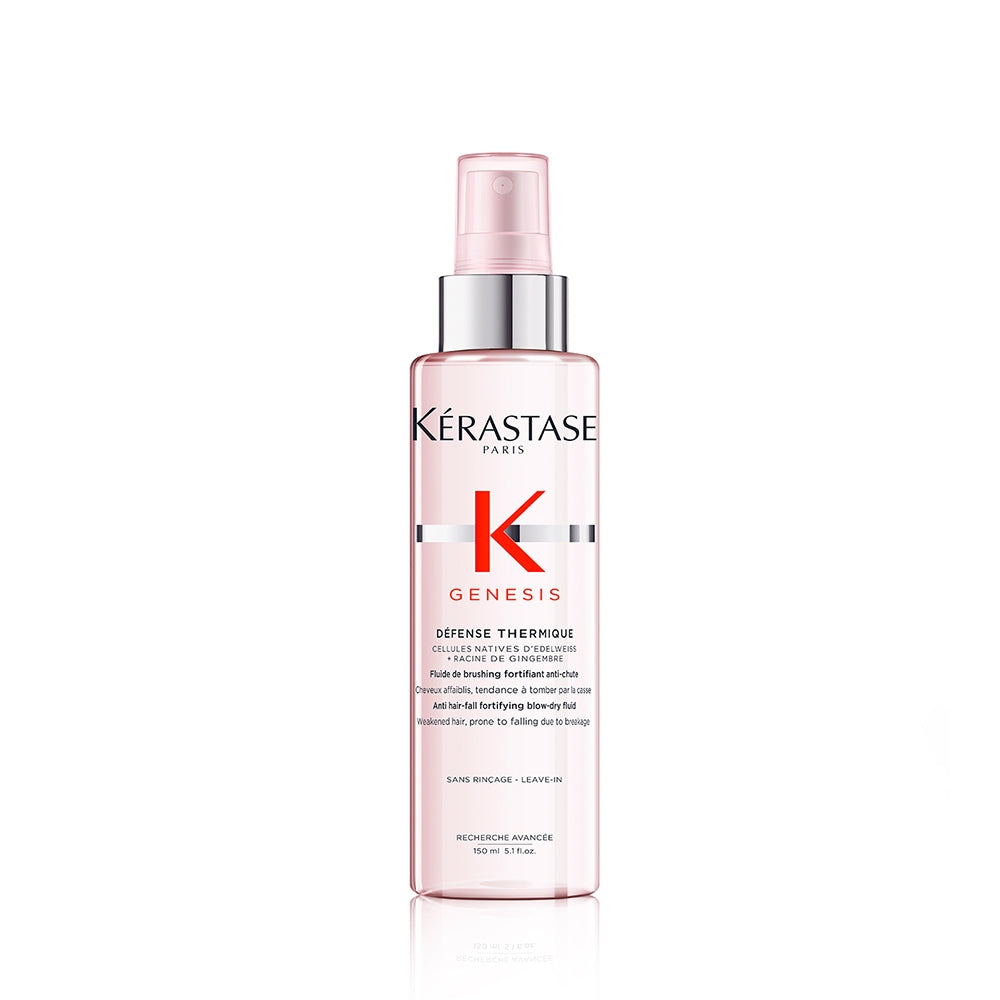Winter can be hard on hair. The cold, crisp air and the warmth of indoor environments can have an incredibly drying effect on unprotected strands. Additionally, factors like wearing hats, facing strong winds, and abrupt cold snaps can further damage your hair.
But worry not! We've got you covered with expert tips on revitalising and caring for dry, dull, or tired hair during the winter months.
TIP #1 - SWITCH SHAMPOOS.
Shampoo is the foundation of every good hair routine and your first line of defence against limp, dry or damaged hair. Many shampoos contain ingredients such as alcohol or silicone which can crack the hair’s cuticle layer wide open, and leave the delicate inner cortex exposed to dry air. If you’re struggling with limp or damaged hair, it can be helpful to move away from these shampoos and try something gentler.
Hydrating shampoos are usually gentle on dry hair and rarely contain the kind of harsh surfactants that cause long-term damage. If your hair’s looking limp and lifeless because of heat damage, there are shampoos that are formulated to regenerate or repair the hair. These products generally contain a unique balance of proteins that help to mend damage and strengthen individual strands.
TIP #2 - TRY A HYDRATING CONDITIONER.
The right conditioner can also restore some of the smoothness and bounce to your hair. Good conditioners are great for dry hair as they smooth over the cuticle layer, and lock moisture into each individual strand. You do have to be careful when it comes to picking a new conditioner though as some products can build up in the hair quite quickly, leaving the hair looking greasy, lifeless and limp.
Since most of these issues with build-up stem from an over-abundance of heavy oils, avoiding products that are designed to smooth or add shine should stop your hair from getting weighed down with excess product. We recommend not using conditioners that offer frizz control - particularly if you’re suffering from winter dryness and need to re-moisturise your hair without bombarding it with too much product.
You can also keep your hair looking glossy and vibrant by making small changes to the way you condition. According to some of our top stylists, avoiding the roots can be helpful because your hair produces its own conditioning oil right at the base of your hair, and combining the two types of oil can quickly lead to build-up.
It can also be helpful to cut down on the amount of conditioner you use. Experts generally recommend using between one and two blueberries worth of product (depending on hair length) to avoid over conditioning your hair
TIP #3 - EXPERIMENTS WITH A HAIR MASK.
Hair masks can feel like a bit of an indulgence, but are important if you’re struggling with limp or dry hair. These deep conditioning products are one of the few treatments that can actually penetrate the inner layers of your hair, which means that they’re also one of the few products that can dig down deep, and start reversing some of the damage that causes your hair to look limp, flat or dry.
Stylists generally recommend using a hair mask at least once per week but if your hair is looking super dry you might want to try once every three days instead. In terms of what you should be looking out for, replenishing proteins are a must-have, as it’s these ingredients that’ll be doing all the heavy lifting, and replenishing some of your hair’s natural softness. Lightweight hydrators like jojoba oil are also good, particularly if you want to put some of the shine back in your hair.
TIP #4 - START USING A SERUM.
Serums are another antidote for dry (or damaged) hair that often go unnoticed, and we think that’s a huge shame because if you use them properly, serums can be hugely beneficial. These treatments are normally designed to be used on damp hair, and you’re meant to leave them in all day so that they can slowly replenish any missing nutrients. They’re subtle, but they’re a sure-fire way of combating dry hair and they do offer some protection from the elements as well.
If you’re trying to remedy winter damage, you’ll need to pick something lightweight that’s specifically designed for dry hair or split ends. These serums are generally formulated using a hydrating oil and plenty of replenishing ingredients, including keratin (for repairing damage) and a healthy dose of frizz-busting nutrients.
TIP #5 - SPEAK TO THE PROFESSIONALS.
Our stylists are well-versed at treating damaged hair and can offer a selection of treatments that are specifically designed to tackle moisture-related issues head-on.
They'll also be able to recommend which products can help with your hair needs during a consultation so you get the best out of your hair service.
So, if you are suffering from persistent issues with dull or dry hair, you can always book an appointment at your local Regis salon and let us take care of the rest.


